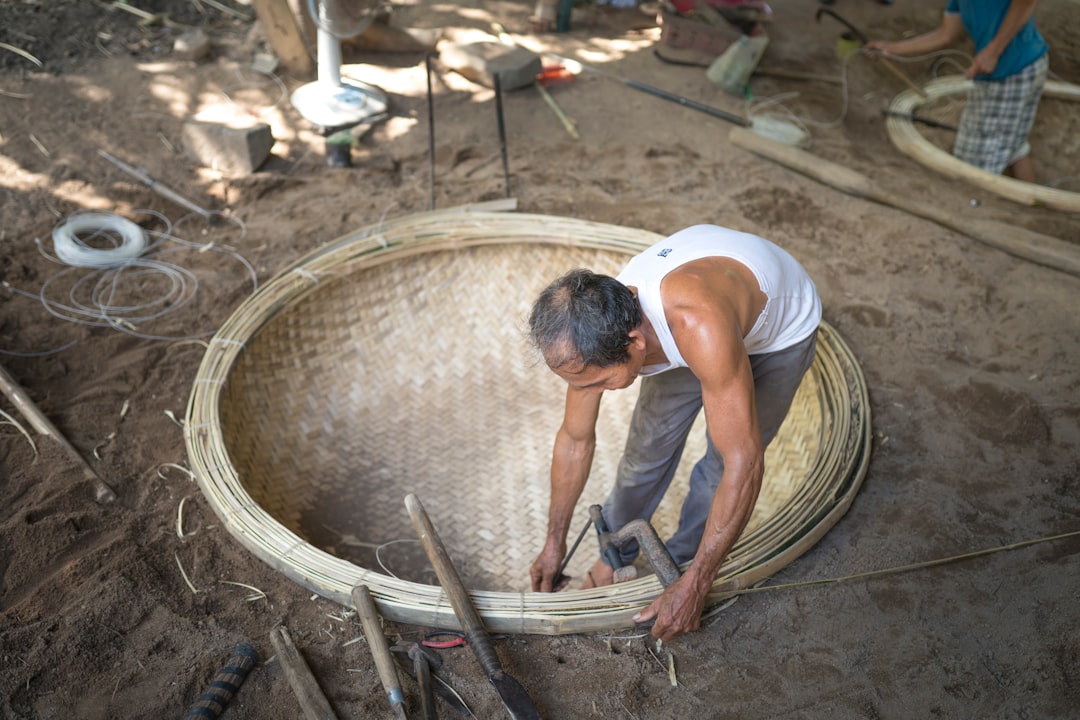San Diego Rain Barrel Installation Guide for Professionals
Construction Costs San Diego
Price source: Costs shown are derived from our proprietary U.S. construction cost database (updated continuously from contractor/bid/pricing inputs and normalization rules).
Eva Steinmetzer-Shaw
Head of Marketing
San Diego Rain Barrel Installation: A Professional's Guide
In Southern California, water conservation is crucial. Installing a rain barrel system can capture significant rainfall, reducing utility costs and supporting municipal water supplies. This guide provides detailed insights into costs, regulations, and construction techniques for trade professionals.
Why Rain Barrels Matter in San Diego
- Semi-arid climate necessitates water conservation
- Stormwater ordinances encourage runoff reduction
- Local rebates available for approved systems
- A 55-gallon barrel can save up to 1,300 gallons annually
Understanding Local Regulations
San Diego County permits above-ground rain barrels up to 400 gallons, provided they meet seismic and mosquito prevention standards. Ensure compliance with the latest codes for seamless installation.
Cost Breakdown: From Barrel to Spigot
Here's a typical cost breakdown for a 55-gallon rain barrel installation:
- Food-grade barrel: $50–$100 each
- Diverter kit and downspout adapters: $20–$60
- Elevated base or cinder block stand: $25–$100
- Ball valve spigot and overflow tubing: $15–$40
- Seismic straps and hardware: $10–$25
- Labor (licensed contractor): $50–$150 per barrel
- Average turnkey total per barrel: $100–$250
Streamlining Your Project
Fast AI Estimates
- Convert spoken scope into detailed estimates quickly
- Auto-populate materials and tasks with current prices
Blueprint Takeoffs
Upload your layout for AI-driven analysis, optimizing barrel placement and eliminating manual errors.
Integrated Permit Packets
- Pre-filled forms with project data
- Anchoring diagrams from certified engineers
- QR codes for inspector access
Installation Best Practices
Foundation Matters
Ensure a level, compacted base for optimal performance.
First-Flush Diverters
Install diverters to remove debris before water enters the barrel.
Overflow Planning
Route overflow tubing away from foundations to prevent damage.
Seismic Safety
Anchor barrels securely in earthquake-prone areas.
Maintenance Schedule
- Clean gutter screens biannually
- Inspect mosquito screens monthly
- Drain and rinse barrels annually
Case Snapshot: Bay Park Bungalow
A Bay Park homeowner installed three 65-gallon barrels, achieving significant water savings and cost efficiency.
Return on Investment
With water rates at $0.50–$4 per gallon.013 per gallon, a 55-gallon barrel can pay for itself in under 2.5 years, with potential ROI under 18 months.
Ready to Capture the Next Storm?
Whether you're a contractor or managing multiple projects, explore professional solutions at CountBricks.
Deep Dive: Leveraging CountBricks for Multi-Barrel Systems
Scaling rain barrel installations requires strategic planning. CountBricks optimizes design, logistics, and labor for multi-barrel projects.
Smart Layout Optimization
- AI clusters downspouts by roof area and rainfall intensity
- Flags utility line conflicts to prevent costly relocations
Bulk Purchasing and Delivery Coordination
CountBricks requests bulk pricing for orders over five barrels, integrating delivery into project schedules.
Phased Labor Deployment
- Rough plumbing and diverters installed pre-barrel delivery
- Anchoring crews prepare foundations concurrently
- Final hookup and testing in a single visit
Ongoing Monitoring
- Optional water-level sensors with app integration
- Push notifications for maintenance needs
- Export data for rebate documentation
Pro Tips from the Field Team
- Paint barrels for UV protection and aesthetic integration
- Link units with hoses for automatic water level equalization
- Add drip-line adapters for garden irrigation
Centralize data and communication with CountBricks for efficient rainwater system management. Visit CountBricks to explore solutions.

